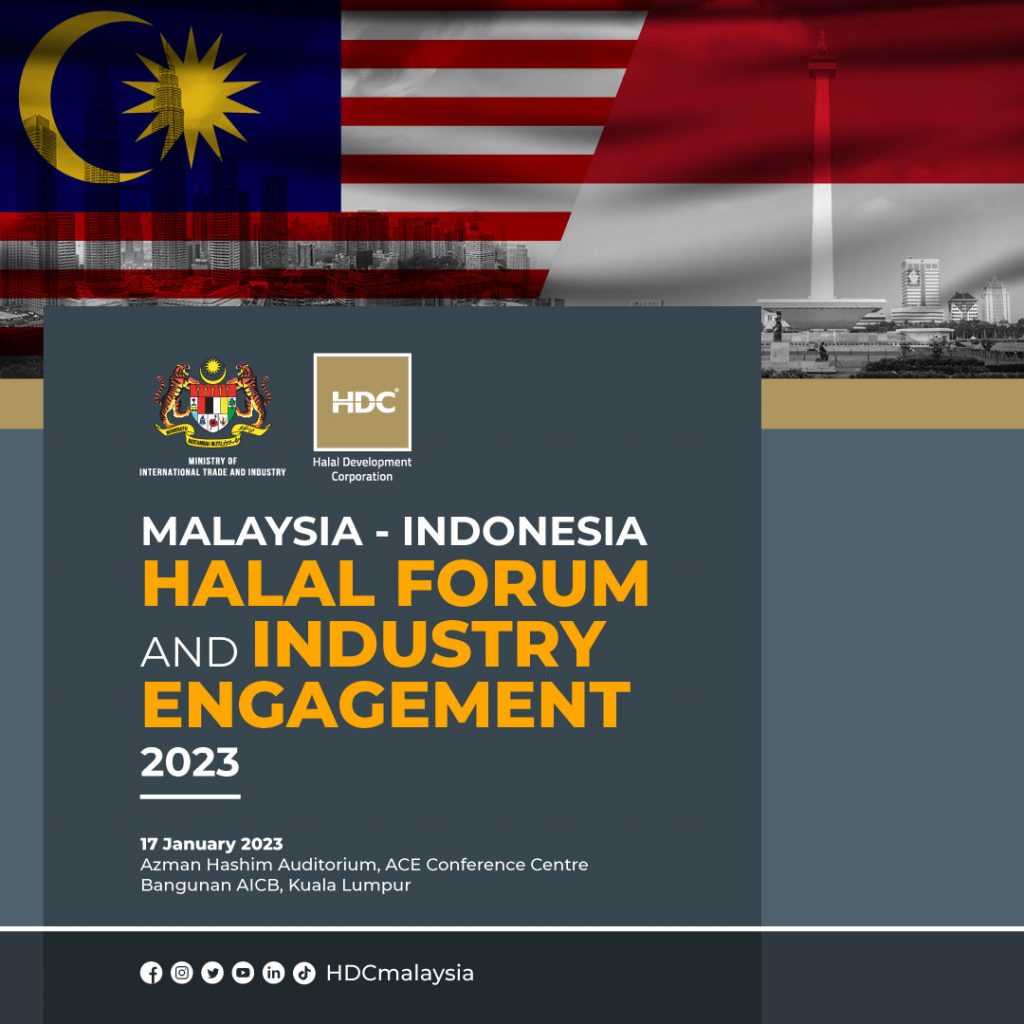The firms not only to manufacture “halal” products but also to serve as the import and export point and research and development centre for “halal” products from this region.
State religious affairs, domestic trade and consumer affairs committee chairman Datuk Abdul Malik Abul Kassim, who has headed the Penang International “halal” Hub (PIHH) Development Sdn Bhd initiative from its inception in 2008, said investors have put in a total RM500 million in investments into the “halal” industry in Penang since 2008.
PIHH was established as an investment arm for the “halal” industry in Penang and its main task was to facilitate investors, local and foreign, to purchase land and build their “halal” plants here.
When PIHH first acquired a piece of 100-acre land from Penang Development Corporation (PDC) at Bukit Minyak on the mainland to be turned into a “halal” hub back in 2010, they were not confident of being able to sell all of the 100 acres to investors in the newly emerging industry.
“That’s why, only 50 acres were developed and ready for investors while the other 50 acres were not developed so imagine our surprise when within a year, the 50 acres were all snapped up,” he said in an interview with the Malay Mail Online recently.
This resulted in PIHH scrambling to look for another piece of land pending the development of the remaining 50 acres of land by PDC.
“Now, we are trying to work with private developers who are willing to purchase and develop 100 acres of land as a “halal” industrial park, sell it to investors and then hand over management of the industrial park to us,” he said.
Batu Maung state assemblyman said PIHH has already applied for an additional 100 acres of land for a “halal” industrial park from PDC but pending that application, they are also looking at private industrial park developers.
“The “halal” industry is a trillion dollar business worldwide and we should be tapping into this industry especially when we are now on the right path to becoming a global “halal” centre as endorsed by “halal” Industry Development Corporation (HDC) the national agency that coordinates the overall development of the “halal” industry in Malaysia,” he said.
Penang has already achieved the two main goals it first set in 2008, first for Penang to be recognised as an important player in the global “halal” industry and second, to successfully set up the Penang “halal” industrial park in Bukit Minyak.
“Next, we are looking at turning Penang into a main research and development (R&D) centre for the “halal” industry and to turn the Penang Port into a “halal” port,” he said.
In these two areas, the state had hit a “roadblock” as the R&D centre never did kick off despite local Apex university, Universiti Sains Malaysia, being appointed to lead the initiative.
“R & D is an important basis for any industry especially for the “halal” industry where we need research into ingredients that could be substituted and standard operating procedures for “halal” certification,” Abdul Malik said.
The R&D centre for the “halal” industry were the first few initiatives to be launched in 2008 after the Pakatan Rakyat took over the state administration but it had never got off the ground.
“We have managed to get other universities such as Chulalongkorn University in Thailand and Universiti Putra Malaysia (UPM) to be part of the initiative with USM taking the lead but they (USM) have been dragging their feet on this for five years now,” he said.
As for the Penang Port, it had undergone “halal” certification and they are now “halal” certified with a dedicated “halal” zone but Abdul Malik contends that they had stopped at that.
“They should be going further to brand the port as a “halal” port, to upgrade the “halal” zone and turn it into a port where major “halal” exporters such as from Southern Thailand could use the port here as we are nearer to them than Bangkok,” he said.
Putting aside these two obstacles, Abdul Malik said now PIHH will concentrate on competing as a global “halal” centre against other states and other countries.
“If we want to get more investors in, we need to give an edge compared to other states and our edge for now is that we provide the extra service to facilitate investors in their various applications from acquiring land to setting up a plant here,” he said.
He said the HDC already provided tax incentives to “halal” industry investors in the country so PIHH could only provide extra services to make it easier for them to invest here and this also includes assisting them in acquiring building approvals, “halal” certification.
“Since we continuously build on our network of “halal” industries worldwide, we also have the advantage of being able to promote our investors’ services and products for them through our network,” he said.
Looking forward, Abdul Malik said PIHH still have its work cut out for it to build on its networking and to fill the additional 100 acres of land it is in the midst of acquiring either through PDC or private industrial park developers.




